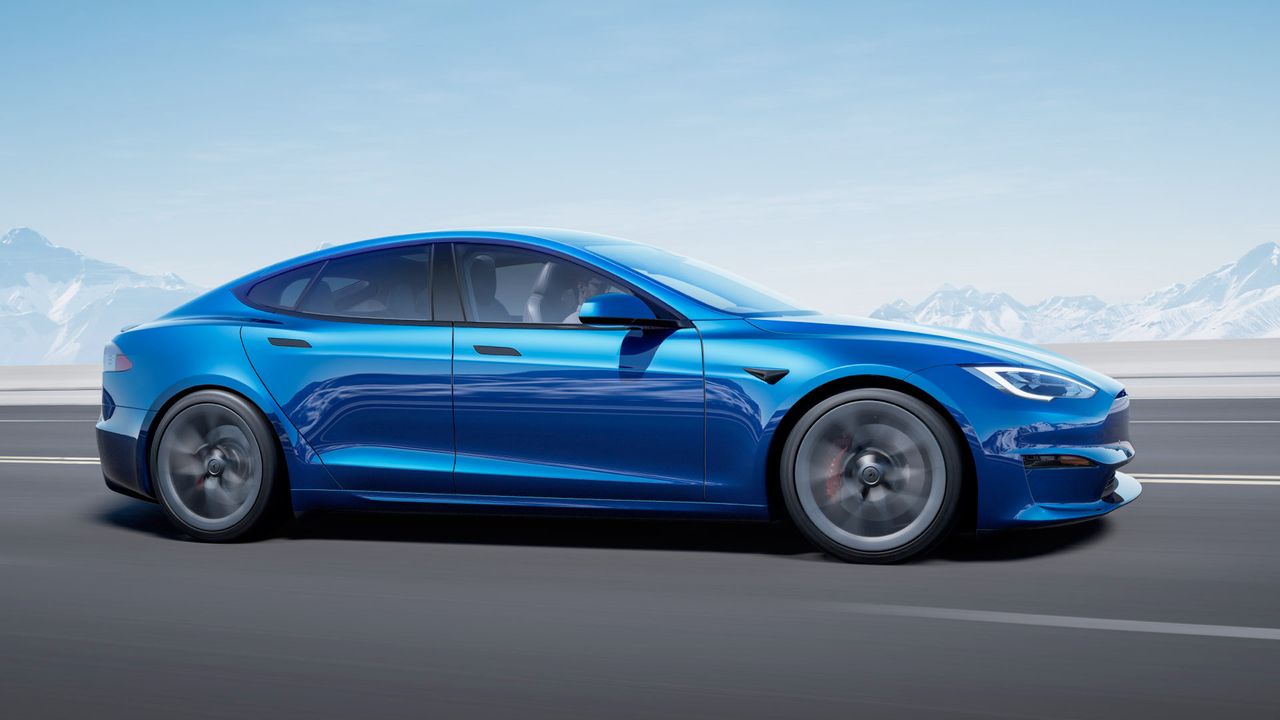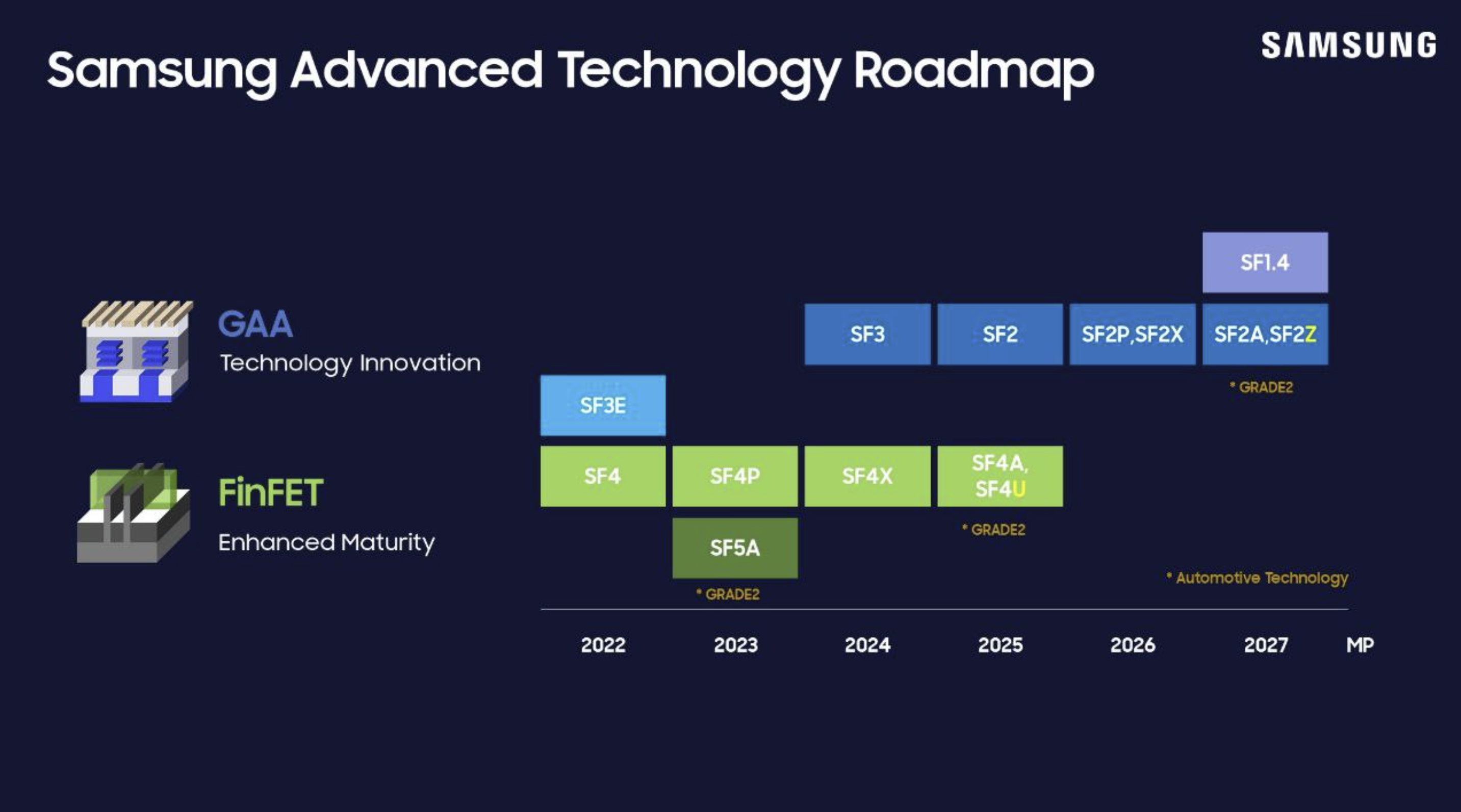
In an unexpected turn of events, Samsung announced on Monday it had inked a $16.5 billion foundry deal with an unnamed partner, confirmed to be Tesla by Elon Musk, who says the company will produce its next-generation A16 chip. The deal represents a major win for Samsung Foundry, which has been lagging behind TSMC for a while. In addition, the deal is big news for Samsung's fab in Taylor, Texas, where the system-on-chips (SoCs) will be produced.
A major contract
The deal will run through December 31, 2033, and involve production of the Tesla AI6 (formerly HW6) processor, which is used to manage and self-drive Tesla cars, at Samsung's upcoming semiconductor production facility in Taylor. The AI6 processor is projected to ship towards the end of the decade and replace the company's next-gen AI5 processor, which is expected to enter mass production in 2026.
"Samsung's giant new Texas fab will be dedicated to making Tesla's next-generation AI6 chip," Elon Musk wrote in an X post. "The strategic importance of this is hard to overstate. Samsung currently makes AI4. TSMC will make AI5, which just finished design, initially in Taiwan and then Arizona."
Interestingly, Samsung allowed Tesla specialists to 'assist in maximizing manufacturing efficiency,' according to Elon Musk, though he did not disclose how experts in car production can assist in making chips. "This is a critical point, as I will walk the line personally to accelerate the pace of progress. And the fab is conveniently located not far from my house," Musk added.
Samsung used to produce Tesla's HW3 (AI3) processor using its 14nm-class fabrication process and is currently producing the company's HW4 (AI4) SoC using its 7nm-class (7LPP?) manufacturing technology. TSMC will be in charge of production Tesla's AI5 (HW5) processor, though it is unclear whether the world's No. 1 foundry will use its N3A process technology (expected to be qualified and ready by late 2025 and ready for production in Taiwan, so a likely scenario for Tesla), or more conservative N4A or N5A process technologies (which are already available at TSMC's Fab 21 in Arizona).
Neither Tesla nor Samsung Foundry disclosed details about the upcoming AI6 project, but considering the fact that Tesla tends to update its main SoCs every three to four years and the AI5 processor is expected to land in Tesla cars sometime in 2027, one can expect AI6 to arrive in 2029 at the earliest.
A 2nm-class SoC in 2029?
A source with knowledge of the situation told FNnews that Tesla demanded a production yield in the range between 60% and 70%, and Samsung is aligning its plans to meet that target. Mass production and delivery are expected to begin around 2028, approximately three years from now, so Samsung has plenty of time to fix the defect density of its fabrication process intended for AI6.
Current projections indicate that equipment installation at the Taylor fab in Texas will start in the first half of next year, followed by test production and Tesla's evaluation in the second half of 2027. In preparation, Samsung has also reassigned semiconductor division staff from headquarters to the Taylor site, according to the FNnews report. Keep in mind that this is unofficial information, though.
The fab in Texas is said to be capable of making chips on Samsung's SF4, SF3, and SF2 (formerly SF3P) process technologies. It is also likely capable of making chips in the automotive-grade 2 SF2A fabrication process, though it is unknown whether this node will be used to build Tesla's AI6 SoC.

In general, signing a $16.5 billion deal with Tesla is a big deal for Samsung Foundry, which is a major testament that the company can produce chips reliable enough for a major automaker. The contract is also crucial for Samsung's fab in Taylor, Texas, as it gets a major customer. While Tesla's volumes are not as high as those of consumer electronics companies (the company sold 1.79 million vehicles last year), we are talking about fairly high-end processors here, so it definitely is an important contract.
Follow Tom's Hardware on Google News to get our up-to-date news, analysis, and reviews in your feeds. Make sure to click the Follow button.







